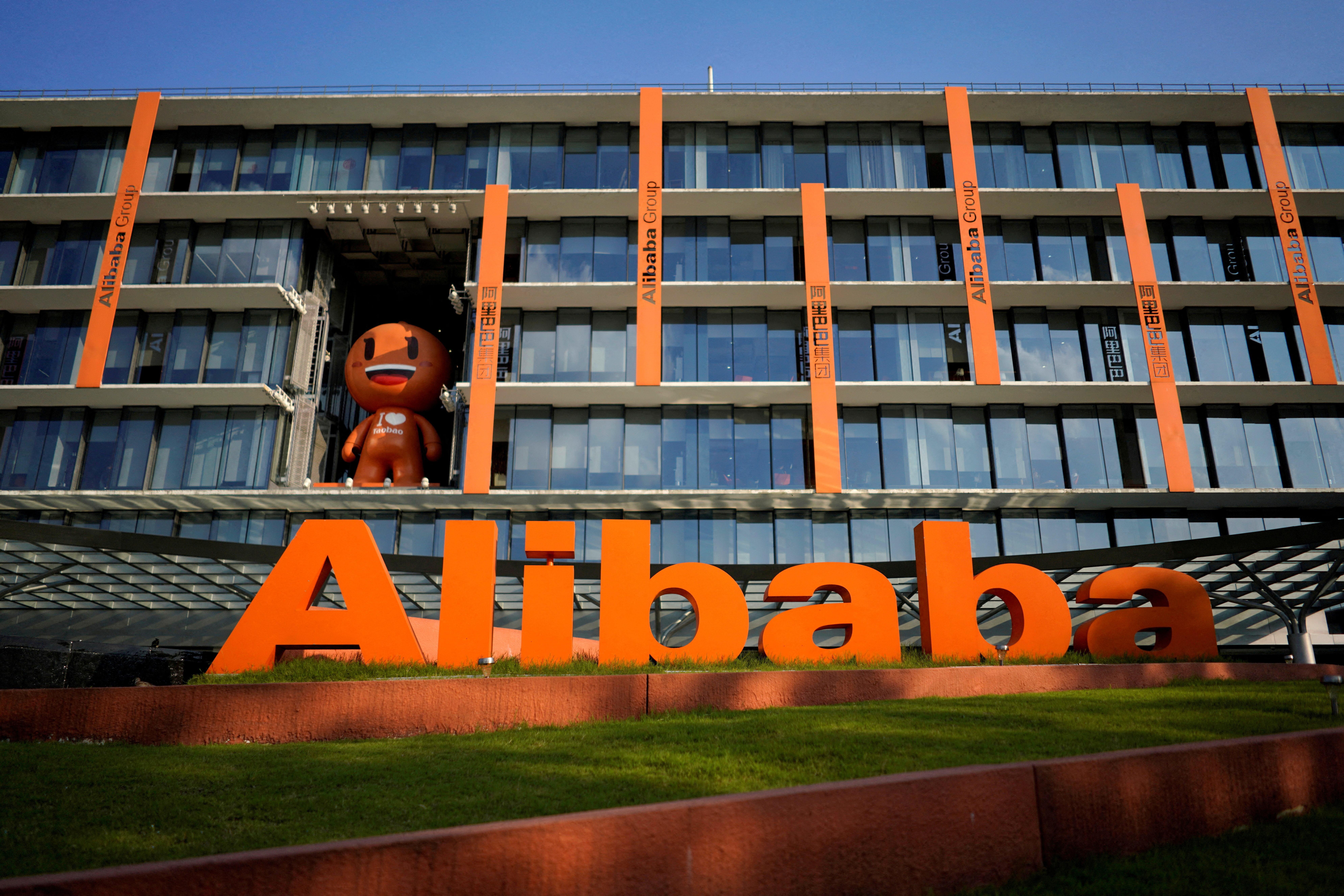Title: Alibaba Group Announces Executive Shuffle as Company Restructures
Date: June 20, 2023
Alibaba Group, the Chinese e-commerce giant, has announced a significant executive shuffle as part of its ongoing restructuring efforts. CEO and Chairman Daniel Zhang will step down from his roles to focus on the company’s cloud division, while Joseph Tsai, the Executive Vice Chairman, will succeed Zhang as the Chairman of Alibaba Group.
The restructuring comes as Alibaba moves forward with its plan to split into six business units. The China-facing e-commerce division, which includes the Taobao and Tmall marketplaces, will remain wholly owned by Alibaba. However, the other five units will be spun off, with Alibaba aiming to complete the public listing of its cloud unit within the next 12 months.
Zhang, who joined Alibaba in 2007, has been serving concurrently in three roles since December when he took over as the head of the cloud unit. This move followed a major outage that the cloud unit experienced, described as its “longest major-scale failure” in over a decade. Zhang’s decision to focus solely on the cloud division reflects the critical stage of the spin-off process and the need for clear separation between the board and management team as the Cloud Intelligence Group moves towards becoming an independent public company.
Eddie Yongming Wu, the chairman of Alibaba’s Taobao and Tmall Group, will assume the role of CEO, taking over from Zhang. Wu, who co-founded Alibaba alongside Jack Ma and Joseph Tsai, will continue to concurrently serve as the chairman of Taobao and Tmall Group. His elevation to CEO is seen as a natural transition that underscores the importance of e-commerce in Alibaba’s roadmap.
The leadership changes at Alibaba are not expected to signal a major strategic shift within the company, as the individuals involved are co-founders and close associates of Jack Ma. Instead, the reshuffle aims to ensure a smooth leadership transition and maintain the company’s culture.
Alibaba’s Hong Kong-listed shares fell 1.5% following the announcement, in line with the overall restructuring previously announced. Analysts estimate the cloud unit to be worth between $41 billion and $60 billion, but concerns have been raised about potential regulatory scrutiny due to the vast amount of data it oversees.
The executive shuffle at Alibaba comes after a tumultuous period for the company, marked by increased regulatory scrutiny. Jack Ma, Alibaba’s co-founder and China’s best-known entrepreneur, has largely stayed out of the public eye since late 2020 after a speech in which he criticized Chinese regulation. Ma’s return coincided with Alibaba’s announcement of its restructuring plans.
Alibaba’s president, J. Michael Evans, confirmed that Ma remains the company’s biggest shareholder and continues to care deeply about the company. Reports also suggest that Ma recently convened a meeting with leaders from Taobao and Tmall Group to discuss the need to focus on users, the internet, and Taobao to stay relevant in the face of intense competition.
Alibaba’s executive shuffle reflects the company’s commitment to adapt to changing market dynamics and position itself for future growth. With a renewed focus on its cloud division and a clear separation between business units, Alibaba aims to navigate the challenges of increased regulatory scrutiny and maintain its position as a leading player in the Chinese tech industry.

What opportunities for growth and value creation does the spin-off of the five units present for Alibaba and its shareholders
And Tmall. This strategic move aims to ensure a seamless transition and maintain continuity within the company.
Alibaba’s restructuring efforts are driven by the company’s desire to streamline operations and improve overall efficiency. By separating the business units, Alibaba aims to allow each unit to focus on its specific market and tailor its strategies to better serve its customers. This move also aligns with Alibaba’s long-term goal of becoming a global leader in cloud computing.
The spin-off of the five units will enable Alibaba to attract outside investors and unlock further value for shareholders. The company plans to list each unit separately, allowing them to operate independently and pursue growth opportunities specific to their respective industries.
As part of the executive shuffle, Zhang expressed his confidence in Tsai’s ability to lead the company as Chairman and emphasized the importance of the cloud division in Alibaba’s future success. Tsai, who has been with Alibaba since its inception in 1999, brings a wealth of experience and knowledge to the role. Under his leadership, Alibaba has seen significant growth and expansion.
The executive shuffle is expected to take effect in the coming months, subject to regulatory approvals and other customary closing conditions. Alibaba remains committed to driving innovation, expanding its global presence, and delivering value to its customers and shareholders. With this restructuring, the company is well-positioned to adapt to the evolving business landscape and capitalize on future opportunities.

Daniel Zhang’s decision to step down as Alibaba Group CEO to focus on the cloud division demonstrates his strategic vision and commitment towards shaping the future of technology. This move signifies Alibaba’s strong belief and investment in cloud computing, an industry that is continuously growing and evolving. Exciting times lie ahead for the company under Zhang’s leadership in this transformative sector.